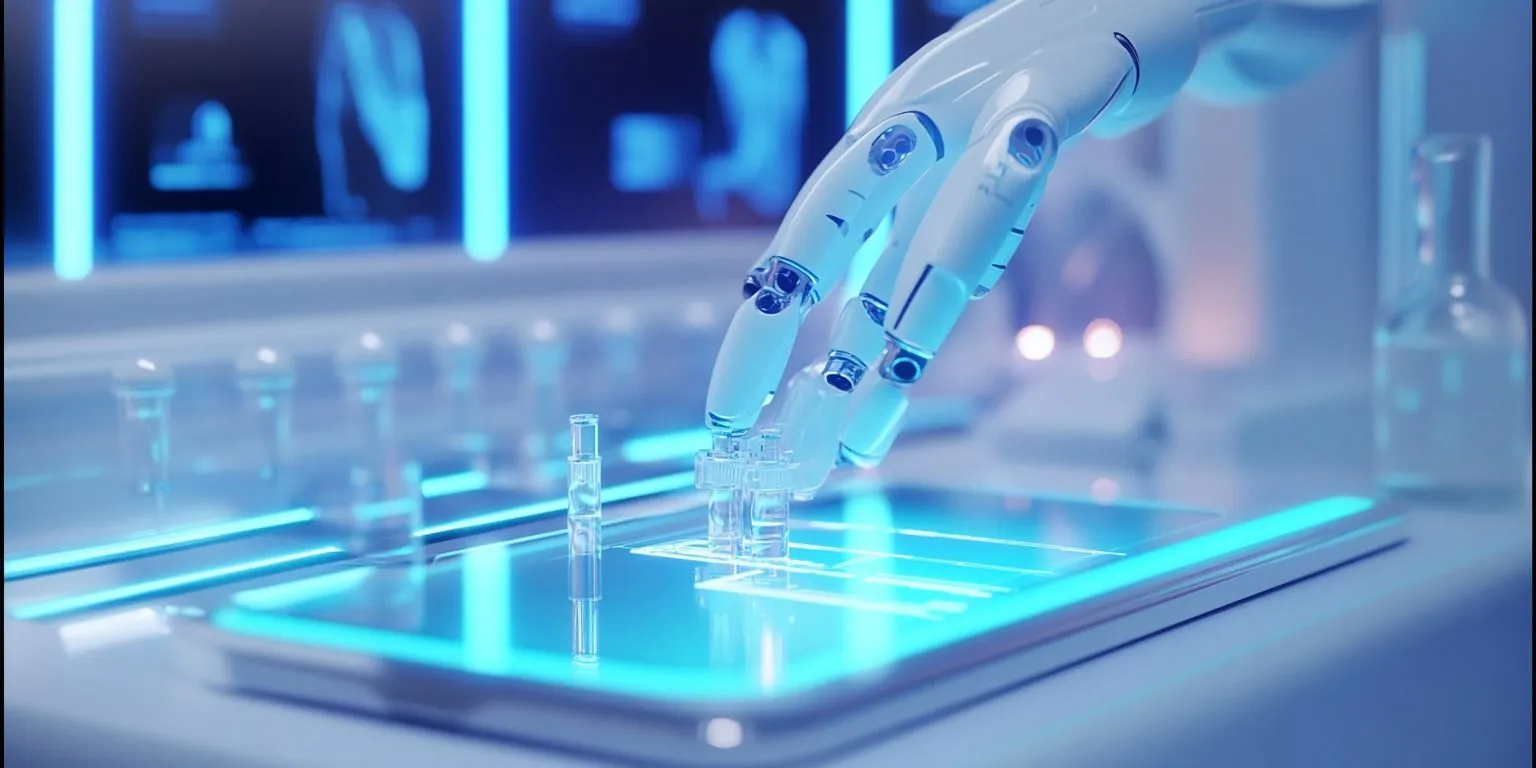The Quiet Revolution: How AI Is Transforming Medicine from Within
When we think of healthcare, we often picture the dramatic and the immediate—the surgeon mid-operation, the researcher announcing a breakthrough, or the moment a life is saved. These moments matter, and they captivate us for good reason.
But beyond the spotlight, there’s another force at work—less visible, perhaps, but no less powerful. It’s Artificial Intelligence (AI). And while it might not dazzle in the same way, it’s quietly reshaping the foundations of modern medicine.
Beyond the Hype: AI as a Gentle Force in Healthcare
AI has long been portrayed as a futuristic disruptor—often in dystopian terms. But in the world of healthcare, AI plays a far more subtle role. It’s not here to replace the physician’s skill or the nurse’s compassion. It’s here to enhance, to support, and to see what we often miss.
Take DeepMind Health, for example. Their AI systems can analyze eye scans with astonishing precision, identifying early signs of diabetic retinopathy or macular degeneration—conditions that, if caught late, can lead to irreversible blindness. In this way, AI becomes a second pair of eyes, extending the reach of medical professionals in ways once unimaginable.
Personalized Care, Powered by AI
The art of treatment has always required a blend of science and intuition. But AI introduces a third element—individualization at scale.
Companies like Tempus are using AI to develop highly personalized cancer treatments based on a patient’s unique genetic profile. This isn’t medicine by guesswork; it’s treatment built on precision and deep insight. AI doesn’t just help us heal—it helps us heal in the way that fits each person best.
The Unseen Engine: AI in Medical Operations
Much of healthcare happens offstage. Behind every diagnosis is a mountain of paperwork. Behind every treatment plan is a scheduling system. And this is where AI quietly shines.
Olive, a healthcare automation platform, handles countless administrative tasks—from prior authorizations to billing—freeing up clinicians to do what only humans can: provide care. It’s in these small, unseen efficiencies that AI helps hospitals breathe a little easier.
Predicting the Unpredictable
AI isn’t just helping us respond to health problems—it’s helping us predict them.
With tools like IBM Watson Health, AI assists doctors by identifying risks before symptoms escalate. Imagine a world where AI quietly nudges a doctor, saying, “This patient might need extra attention.” It’s a gentle kind of vigilance, one that adds a layer of foresight to care.
Accelerating Drug Discovery
The process of developing a new drug is typically long, expensive, and uncertain. But AI is changing the tempo.
Insilico Medicine uses AI to accelerate drug discovery, significantly reducing the time it takes to identify promising compounds. This isn’t just faster science—it’s smarter science. And it’s unlocking treatments for conditions that have long eluded us.
Everyday AI: From Wearables to Virtual Assistants
AI isn’t just in labs or hospitals—it’s in our pockets and on our wrists.
It’s in our wearables, quietly monitoring our vitals. It’s in virtual assistants reminding us to take our medication. It helps manage chronic conditions, track symptoms, and support our wellness journeys without ever demanding the spotlight.
A Call for Thoughtful Progress
With great potential comes great responsibility. As AI weaves itself into healthcare, we must proceed with care.
We must guard our privacy. We must acknowledge and address bias in algorithms. And most importantly, we must remember that AI is a tool—not a replacement—for the empathy and intuition that define human care.
The Future, Gently Rewritten
The glamour of healthcare has always been its ability to save lives. But now, a quieter form of innovation is emerging—one that enhances not just what we do, but how we understand, predict, and care.
AI is transforming medicine from the inside out. It is steady, it is subtle, and it is deeply human in its purpose. We may not always see it, but it’s there—helping, guiding, and building a healthier future for us all.

